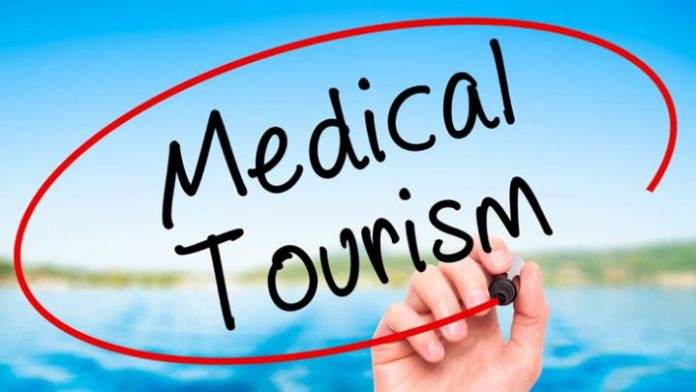Jordan government has agreed to recommendations to help assist hospitals promoting medical tourism to Jordan. Cabinet has approved many of the recommendations of a committee to boost medical tourism to Jordan.
The government has agreed to recommendations to help assist hospitals promoting medical tourism to Jordan. The Cabinet has approved many of the recommendations of a committee to boost medical tourism to the Jordan.
The committee, headed by the health minister, studied the challenges facing the sector. It seeks to sustain the achievements of Jordan in medical tourism and to help locals and medical tourists to benefit from the medical expertise and services available.
The recommendations include improving the investment environment, permitting private hospitals to generate alternative energy to reduce costs and seeking the approval of the Greater Amman Municipality to allow hospitals to expand to more than eight floors. GAM allows hotels to build 30 or 40 floors, but has restricted hospitals to five floors.
The committee also recommended allowing hospitals to hire guest workers in 10% of the nursing positions in certain specialisations. Changes to visas are to be made.
Medical tourism will also be allocated funds for promotion, in line with other tourist sectors, and a specialised unit will be established at the Jordan Tourism Board. Embassies will also promote medical tourism.
Other accepted recommendations include the amendment of regulations and laws, including the medical responsibility to protect the rights of patients, doctors and hospitals, as well as intensifying oversight at hospitals and creating a hotline for complaints.
There is no timeline laid down for any of the agreed measures so the Private Hospitals Association is pushing for measures to boost medical tourism to be implemented soon.
Fawzi Hammouri of the PHA says, “Our main problem is the restriction applied to medical visas for people from Libya, Sudan, Syria, Yemen, Chad and Nigeria, which has reduced patient numbers by 70% to 80%, as these are our main source countries.”
The Interior Ministry has made a promise that all applications for medical visas will be processed within 48 hours, especially for citizens of Yemen, Sudan and Libya. Sudanese citizens must attach a letter from the Sudanese government confirming that the visa applicant needs medical treatment.
Hammouri comments, “It is very difficult for Sudanese patients to secure medical visas for Jordan and the process sometimes takes between two and four weeks. There is no need for this letter, as the Sudanese government does not pay for the medical treatment. All that will happen is that Sudanese patients will seek medical treatment in the UAE, Turkey or India instead.”
Despite the Cabinet agreement, the Interior Ministry is fighting visa change by claiming; “Terror groups have taken over civil status offices in some unrest-ridden countries, which calls for taking security precautions when processing visa applications. Some use the purpose of medical treatment as a pretext to enter the Jordan.”
The PHA has been using its own money to market Jordanian hospitals at exhibitions, and wants the government to take over funding.
The Cabinet has not agreed to the medical tourism committee recommendations that all hospitals and clinics must have local or international accreditation. There are 107 hospitals but only 17 hospitals are accredited in Jordan, and accreditation requires 700 standards to be met, some of which are administrative while others relate to nursing, and food and patient safety.








 ©2024 All rights reserved LaingBuisson
©2024 All rights reserved LaingBuisson 


